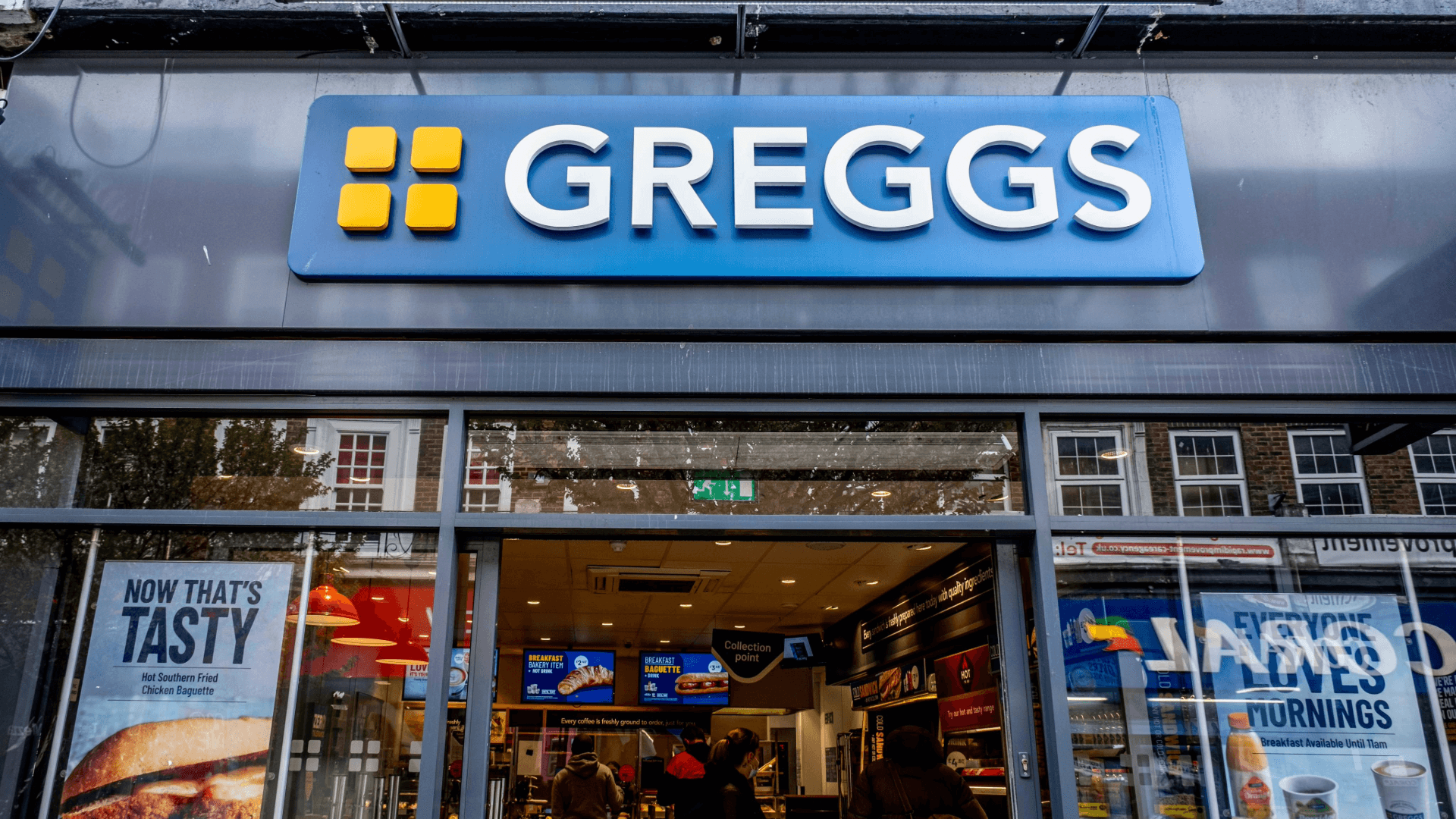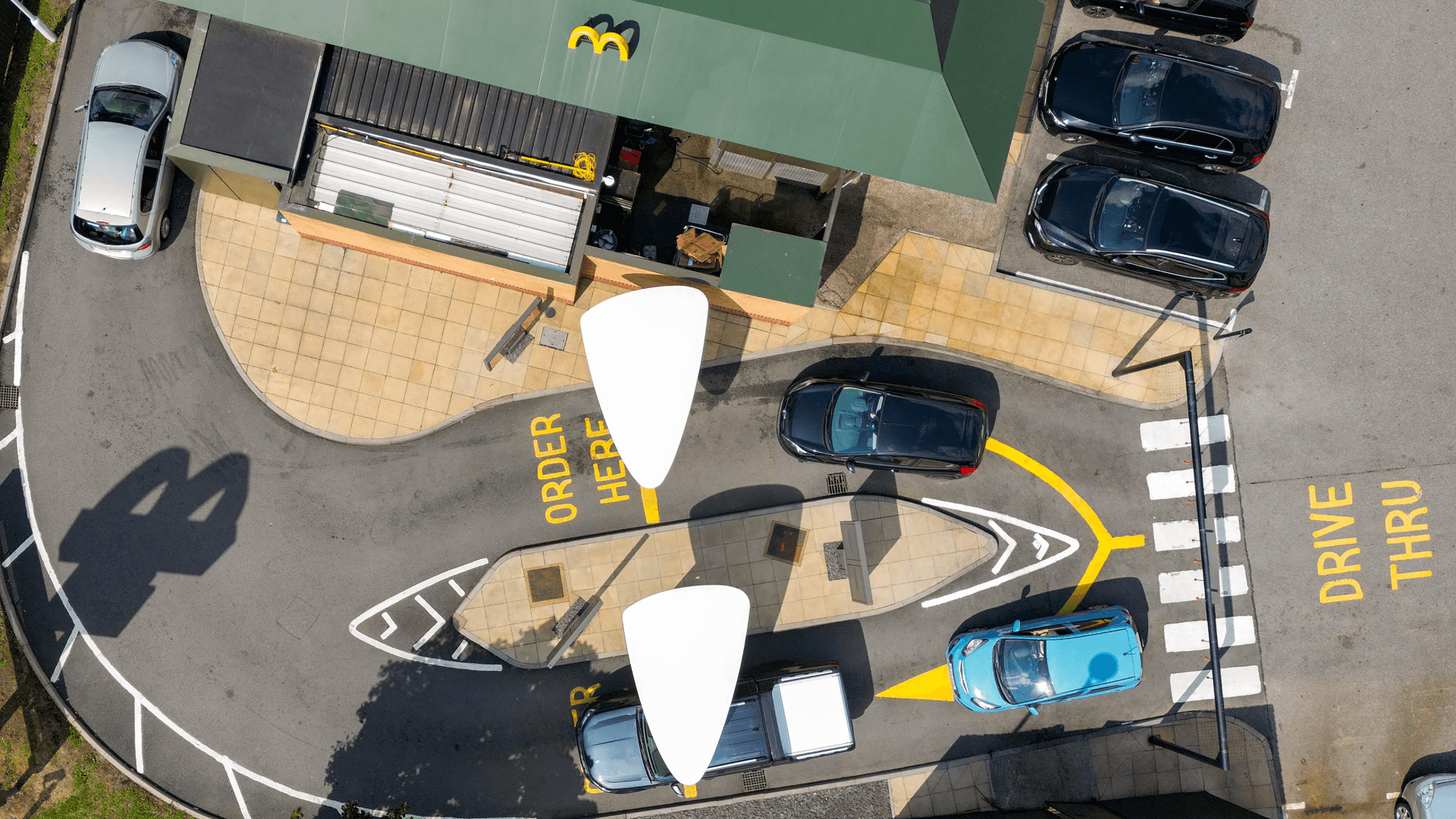Can McDonald’s Hold Its Ground Against Greggs?
Posted by Stelios on 20th Aug 2024 Reading Time:
In the ever-competitive fast-food industry, even giants like McDonald’s are not immune to challenges. The global restaurant leader recently reported its first dip in sales since the pandemic, sparking concerns about whether this decline is a sign of deeper issues. With a 1% drop in same-store sales across its 41,800 outlets during the second quarter of 2024, McDonald’s has acknowledged that its value proposition may no longer be as strong as it once was. But as the company navigates these challenges, another player is steadily gaining ground in the UK: Greggs.

McDonald’s CEO Chris Kempczinski has openly admitted that the company’s value leadership has recently diminished.However, he has assured investors that steps are being taken to address this issue. While total revenue remained flat at $6.5 billion (£5.07 billion), net income saw a 12% decline, dropping to $2 billion (£1.56 billion). This downturn has been attributed to various factors, including fewer customers in the US, the ongoing conflict in the Middle East, and weaker demand in China.
Despite these challenges, McDonald’s is not a company that canbe easily written off. Kempczinski has highlighted that McDonald’s has successfully navigated difficult markets in the past, and the company is already making strategic investments in locations, menu enhancements, and operational improvements to turn things around.
On the other hand, Greggs, once primarily known as a bakery, has become a formidable competitor in the quick-service restaurant (QSR) sector. With 2,500 shops across the UK, Greggs has steadily expanded its offerings, particularly in the breakfast segment, and has significantly invested in its supply chain to support its QSR ambitions.
Greggs has been particularly shrewd in keeping costs down for consumers while enhancing the quality of its offerings. By investing in store layouts, staff, and delivery options, Greggs has positioned itself as a strong contender in the value segment of the market. Its ability to deliver quality food at a lower price point has attracted customers who might otherwise have chosen McDonald’s.
One of the critical factors in this competition is pricing. Between 2021 and 2024, McDonald’s saw food prices increase by about 30% in the UK, pushing the cost of a Big Mac meal to £6.29. This price hike has led some consumers to reconsider whether McDonald’s still offers the best value for money, especially when Greggs offers competitive alternatives at a lower cost.

Analysts like Wayne Brown from Panmure Liberum suggest that this shift in pricing may have caused McDonald’s to lose some market share to Greggs. However, it’s also important to note that McDonald’s remains a leader in innovation and has a broad demographic appeal, with one of the most extensive distribution networks in the industry.
As McDonald’s works on refining its pricing structure and introducing new menu items, Greggs continues to expand its market share by offering what customers want: good food at reasonable prices. The competition between these two fast-food giants is far from over, and it will be interesting to see how they continue to adapt to changing consumer preferences and economic pressures.
In the end, while McDonald’s has faced some setbacks, its strategic investments and industry experience give it a solid foundation to build. Meanwhile, Greggs proves that even an underdog can rise to the occasion with the right mix of quality, affordability, and innovative business moves. The fast-food battle in the UK is heating up, and consumers will likely benefit from the increased competition.

